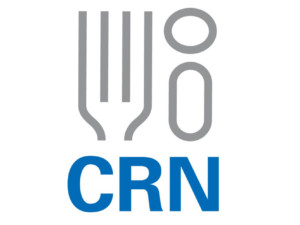
The Council for Responsible Nutrition (CRN) released select findings from its 2024 Consumer Survey conducted by Ipsos.
This year’s survey reported 75 percent of Americans continue to use dietary supplements, demonstrating the ongoing role supplements play in health and wellness, according to the association. However, the survey also highlighted subtle shifts in product choices.
According to the report, usage of specific supplements, such as magnesium, prebiotics and ashwagandha increased compared to previous years. Magnesium rose from 19 percent in 2023 to 23 percent in 2024, prebiotics rose from 5 percent in 2023 to 7 percent in 2024, ashwagandha rose from 2 percent in 2020 to 8 percent in 2024 and melatonin rose from 10 percent in 2020 to 16 percent in 2024.
Trust in the safety and efficacy of products remains high and separately 91 percent of users affirm supplements are essential to maintaining their health. According to the report, nearly 80 percent prefer supplements versus over the counter or prescription medications. Brand loyalty also continues to be a hallmark of the industry with 71 percent of users expressing loyalty to their chosen brands.
Overall spending on supplements remained consistent with the median monthly expenditure at $48 in 2023 and $50 in 2024. The primary motivations for supplement use remain unchanged from 2023 with 42 percent continuing to cite overall health and wellness. Immune health and energy remain important factors, according to the report.
According to the report, the interest in personalization remains strong with 69 percent of supplement users emphasizing the importance of a personalized regimen. Consumers under age 55 and Black and Asian Americans are especially likely to say a personalized regimen is important when choosing supplements.
Finally, the survey found supplement users are generally more likely to report participating in healthy behaviors. Regular users are more likely to report visiting their doctor regularly and trying to eat a balanced diet. Additionally, 41 percent of non-users cite lack of perceived need and 27 percent cite cost as barriers. Despite a stable overall trust in supplements, non-users report lower levels of confidence in effectiveness and safety compared to prior years, according to the report.
“The stability in supplement use reflects the enduring trust that consumers place in our FDA-regulated industry,” said Jeff Ventura, senior vice president of communications at CRN. “At the same time, we continue to see consumers exploring new specialty products and embrace personalized health solutions. This speaks to the evolving landscape of wellness, where supplements are becoming more integrated into individualized health practices.”
For more information and to read the full report, visit www.crnusa.org.


